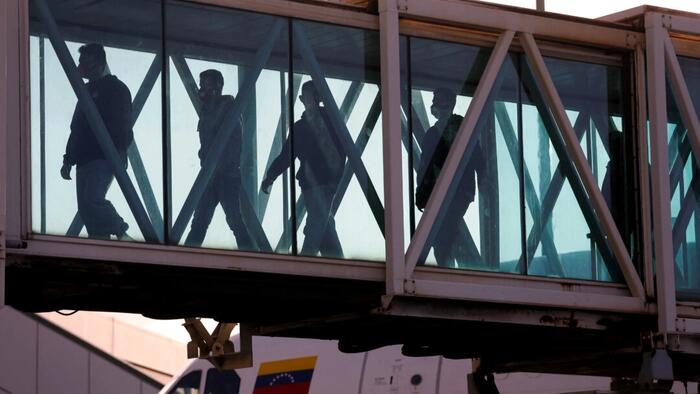What Happened?
A federal judge blocked the Trump administration from deporting undocumented immigrants to countries where they aren’t citizens (like Libya) without first giving them a fair chance to ask for U.S. protection. This comes after reports that a military flight was preparing to send detainees to Libya, a country with a history of human rights abuses.
Key Points Explained
- The Judge’s Ruling
- Judge Brian Murphy said deporting people without proper steps violates a previous court order from April 18.
- What’s Required Now:
- Written notice in a language the person understands.
- A chance to request protection (like claiming they’d face danger in the destination country).
- At least 15 days to appeal if their request is denied.
- Why Libya?
- Libya is considered unsafe due to widespread human rights violations.
- Some detainees (from Laos, Vietnam, and the Philippines) were reportedly pressured to agree to deportation to Libya or face solitary confinement.
- Government Actions Under Scrutiny
- The Department of Homeland Security (DHS) and Department of Defense (DOD) were allegedly planning deportations using a military plane.
- The judge ordered a quick investigation into both agencies’ roles and may add the Pentagon as a defendant.
- Broader Context
- The Trump administration has pushed to expand deportations and send people to third countries (not their home nations).
- President Trump has questioned whether undocumented immigrants deserve the same legal rights as citizens, calling mass deportations a practical solution.
Why This Matters
- Due Process: The ruling ensures immigrants get a fair chance to argue their case before deportation.
- Safety Concerns: Sending people to unstable countries like Libya could put them at risk of persecution, torture, or death.
- Legal Battle: This case highlights tensions between immigration enforcement and human rights protections.
Simple Analogies to Understand
- Court Order = A Stop Sign: The judge’s ruling is like a stop sign—the government can’t ignore it.
- Third-Country Deportation = Forced Relocation: Imagine being sent to a place you’ve never lived, with no say in the matter.
What’s Next?
- The court will investigate whether the Pentagon helped plan deportations.
- A hearing will determine if the DOD should be officially added to the lawsuit.
Bottom Line: This ruling is a temporary win for immigrant rights advocates, ensuring protections are followed before deportations proceed. The legal battle reflects broader debates over how the U.S. balances border security with human rights.
